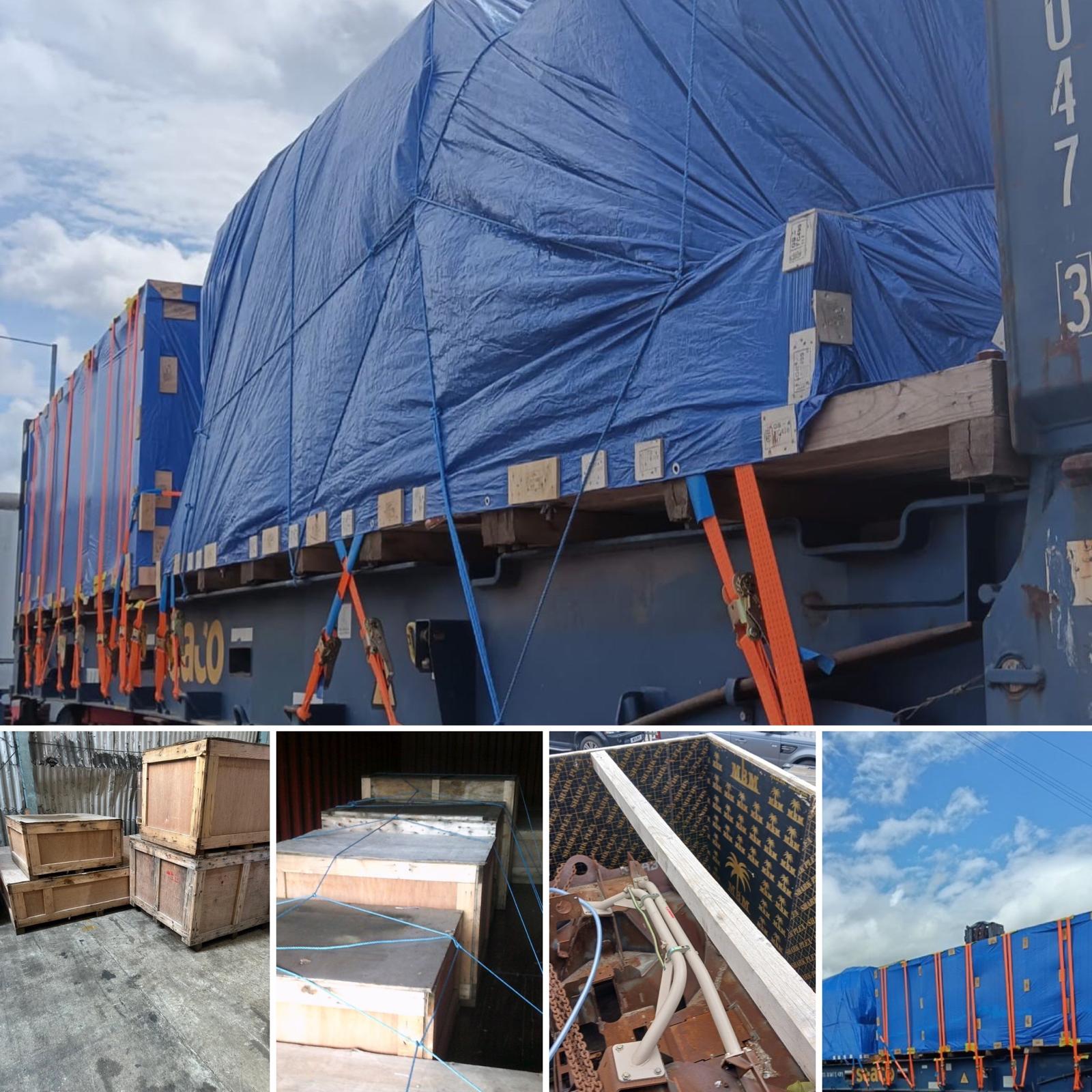Road Freight
Road freight will dominate in Austria and Europe for decades to come according to a new report.
Freight by road across Austria and Europe could lower its CO2 emissions,

Freight by road ‘will remain dominant in Austria and Europe for decades to come’
Importers and exporters that are considering taking advantage of freight by road across the “Old Continent” may be interested in a recently released study, which indicated that over the course of the decades ahead, road will retain its position as the dominant mode of transport in Austria and Europe.
The report – issued by the Institute of Transport and Logistics Management (ITL) at the Vienna University of Economics and Business – contrasted this situation for road transportation with the fortunes of rail freight, suggesting that the latter will keep on losing ground to the former.
The gap between road freight and rail freight is expected to continue increasing
The study observed that a trend of declining market share for rail freight had been evident since 2019, and that freight by road would heighten its advantage further over time.
This underscores that if efforts to significantly decarbonise transport are to be successful, there will need to be a major focus on making road transport eco-friendlier, instead of merely attempting to bolster rail freight usage.
The document, led by Dr Sebastian Kummer, set out a number of factors behind rail transport likely continuing to lag behind freight by road for the foreseeable future.
Those factors included railways across the continent not having the same uniformity that roads do, as well as the condition of the infrastructure and the broad-based tendency to prioritise passenger services over freight.
In addition, the report pointed out, the market has recently been leaning more towards individual shipments, which are significantly easier to move by truck than by train.
So, how can road freight be made greener?
Moving onto the subject of how freight by road across Austria and Europe could lower its CO2 emissions, the study said that in the years immediately ahead, the principal factors in boosting the sustainability of road transport would be battery electrics and hydrotreated vegetable oil (HVO). The report stated that hydrogen would continue to play a minor role, while liquefied natural gas (LNG) would still fail to gain ground.
The document did predict, however, that by 2040, hydrogen will catch up with HVO, alongside the continued rise of battery electrics. The study said that by 2050, climate-neutral freight by road could be achieved, subject to all potential being successfully exploited. This would mean more than 40% of the road transport fleet being battery-powered, with hydrogen, HVO, and e-fuels potentially accounting for the remainder.
There is no question about it; the potential of freight by road over the years and decades to come could be extremely exciting, including with regard to all-important “green” developments and innovations.
Are you on the lookout for road freight services in the present day that you can depend on to ensure the swift, safe, and legally compliant movement of your shipments across the UK, Europe, and/or the world? If so, please don’t hesitate to contact KTL UK.







